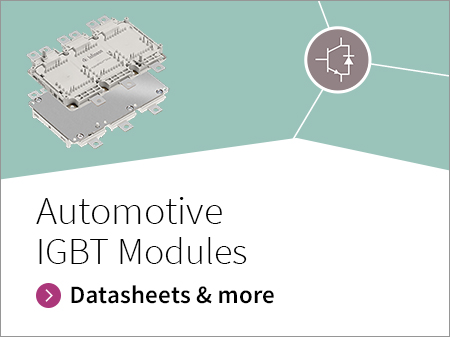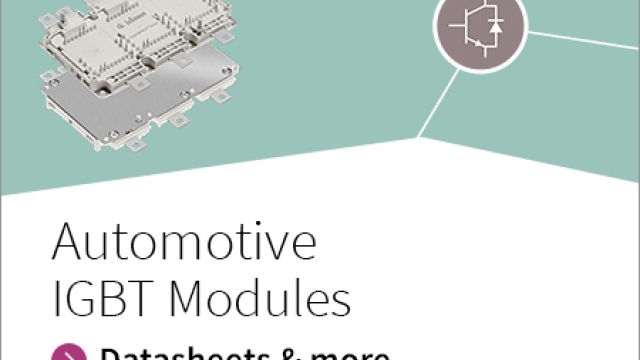
In the world of electrical engineering, there exists a component that continues to redefine possibilities in power electronics – the IGBT Module. This innovative device, known for its Insulated Gate Bipolar Transistor technology, stands as a cornerstone in modern circuits, enabling efficient power conversion with minimal losses. As our demands for energy efficiency and high-performance solutions grow, IGBT Modules have emerged as the answer, offering a potent blend of robustness and control. Through their ability to switch high currents at high voltages, these modules hold the key to unlocking new levels of electrical potential across various applications.
Benefits of IGBT Modules
IGBT modules offer enhanced power handling capabilities, allowing for efficient and reliable operation in various applications.
With their compact size and high power density, IGBT modules enable space-saving designs and integration into modern electrical systems with ease.
By utilizing IGBT modules, systems can achieve improved energy efficiency, reduced power losses, and increased overall performance levels.
Applications of IGBT Modules
In the realm of renewable energy, IGBT modules play a crucial role in solar inverters, allowing for efficient energy conversion. The modules facilitate the transformation of DC power generated by solar panels into AC power for grid integration, ensuring optimum performance and reliable operation of the solar power system.
IGBT modules are widely employed in electric vehicle (EV) charging stations due to their high-power switching capabilities. This application enables rapid charging of EV batteries, contributing to the widespread adoption of electric vehicles and supporting sustainable transportation initiatives that aim to reduce carbon emissions and promote environmental conservation.
Furthermore, IGBT modules find applications in industrial motor drives, enhancing the efficiency and control of electric motors in various manufacturing and automation processes. By utilizing IGBT modules in motor control systems, industries can achieve energy savings, improved productivity, and precise speed regulation, leading to enhanced operational performance and cost-effectiveness.
Future Developments in IGBT Technology
In the coming years, advancements in IGBT technology are anticipated to revolutionize various industries, including renewable energy, electric vehicles, and power electronics.
One key area of focus for future development is enhancing the efficiency of IGBT modules through the use of new materials and innovative design techniques. This will not only lead to higher power densities but also contribute to reducing energy losses and improving overall system performance.
Furthermore, ongoing research and development efforts are aimed at increasing the switching frequency of IGBTs, enabling them to operate at higher speeds without compromising reliability. This will pave the way for more compact and energy-efficient electronic systems, opening up new possibilities for applications in the fields of industrial automation and renewable energy integration.



